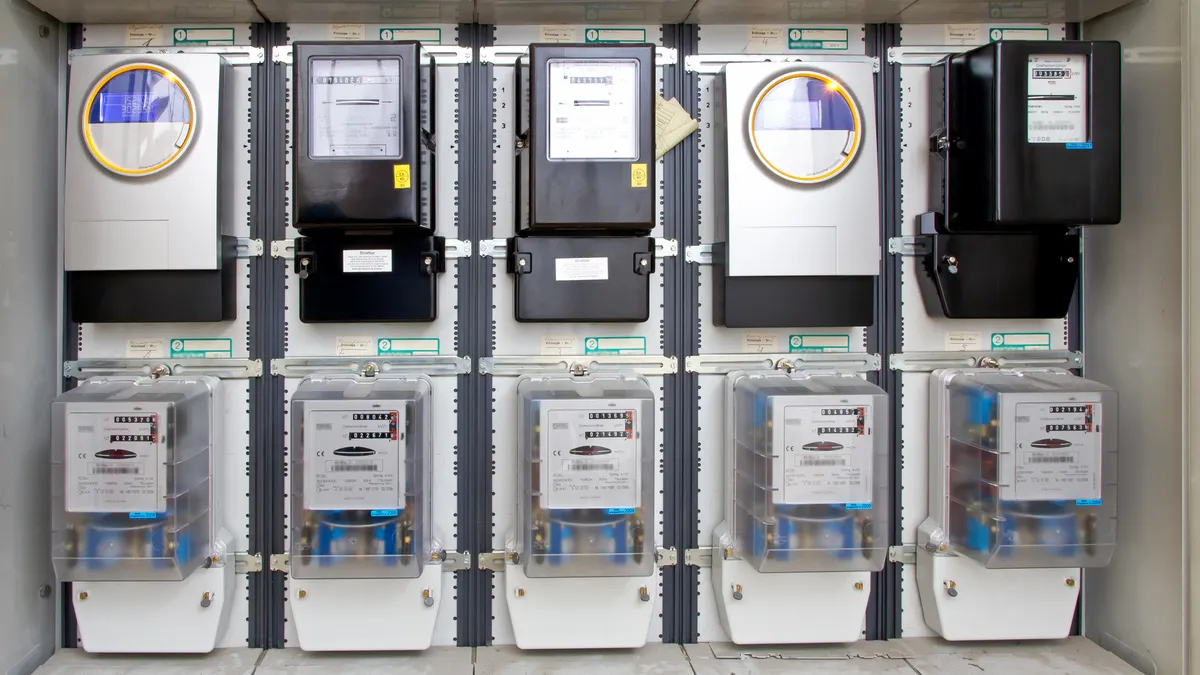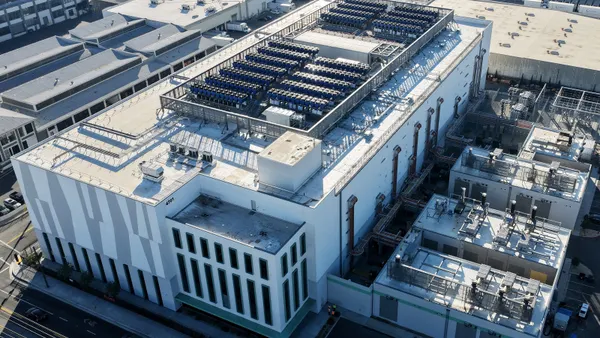Dive Brief:
- Portland General Electric (PGE) has proposed a residential demand response (DR) program as part of its Smart Grid Test Bed project, and wants authorization to default customers into a peak time rebate program offering $1/kWh for reductions.
- The pilot, which would be offered through June 2022, would also test opt-in approaches to direct load control programs offered with different rates. The utility is aiming for a 66% participation rate, which it says is about 10 times national average DR participation rates.
- The utility says it would call DR events if energy load is forecasted to be in the top 1% of annual load hours, and in other situations depending on market and generation factors.
Dive Insight:
The spread of advanced metering and other grid edge technology is allowing utilities to offer customers a more varied set of demand response offerings, with the aim of boosting the miserly participation rates that have beset many programs.
A 2017 survey conducted by the Association for Energy Services Professionals found only 31% of consumers had participated in a utility-run energy management program. And between utilities, participation rates ranged widely, from 1% to 80%, with an average participation of 17%.
PGE estimates typical uptake of demand response programs nationally at less than 7%, which makes the utility's participation goal particularly aggressive.
Last year PGE unveiled plans to build "smart grids" serving 20,000 people in three towns, in order to deliver demand response signals to customers using a range of connected devices. PGE is aiming for two-thirds of customers in the eligible areas — the towns of Portland, Milwaukie and Hillsboro. The utility plans to upgrade feeders and substations in these cities with smart grid technologies, including remote controls to increase system reliability, safety and cybersecurity.
PGE credits Rocky Mountain Institute (RMI) with helping to facilitate program's design, and there are several interesting aspects of the proposal, Mark Dyson, a principal with RMI's electricity practice, told Utility Dive via email.
"From my sense of industry benchmarks, $1/kWh is a significant peak reduction incentive," he said. "Round numbers, that's an order of magnitude above average rates, which is at the high end of what utilities often offer for peak pricing levels / rebates."
Peak Time Rebate programs tend to have high incentives, to match the high cost of energy the utility is delivering, in part because they are a "lower-risk method" of Critical Peak Pricing, Navigant Research Director Brett Feldman told Utility Dive.
"Instead of charging a higher rate during peak times, customers get incentives to reduce load during peak times," said Feldman. He pointed to Baltimore Gas and Electric, which offers a peak time rebate of $1.25/kWh and is also opt-out with high participation rates.
"There are not a lot of such programs out there, but it’s not unheard of," said Feldman.
"Other cool things about the PGE proposal are the high participation target, the range of scenarios ... and the deliberate targeting of the pilot to enable learning as PGE scales the program," Dyson said.
PGE wants to begin offering the program in April. The utility would only call peak time events during the summer and winter seasons, when forecasted temperatures are above 90 degrees or below 32 degrees; when generation heat rates and market power prices are expected to be high; and during forecasted low or transitioning wind generation.














